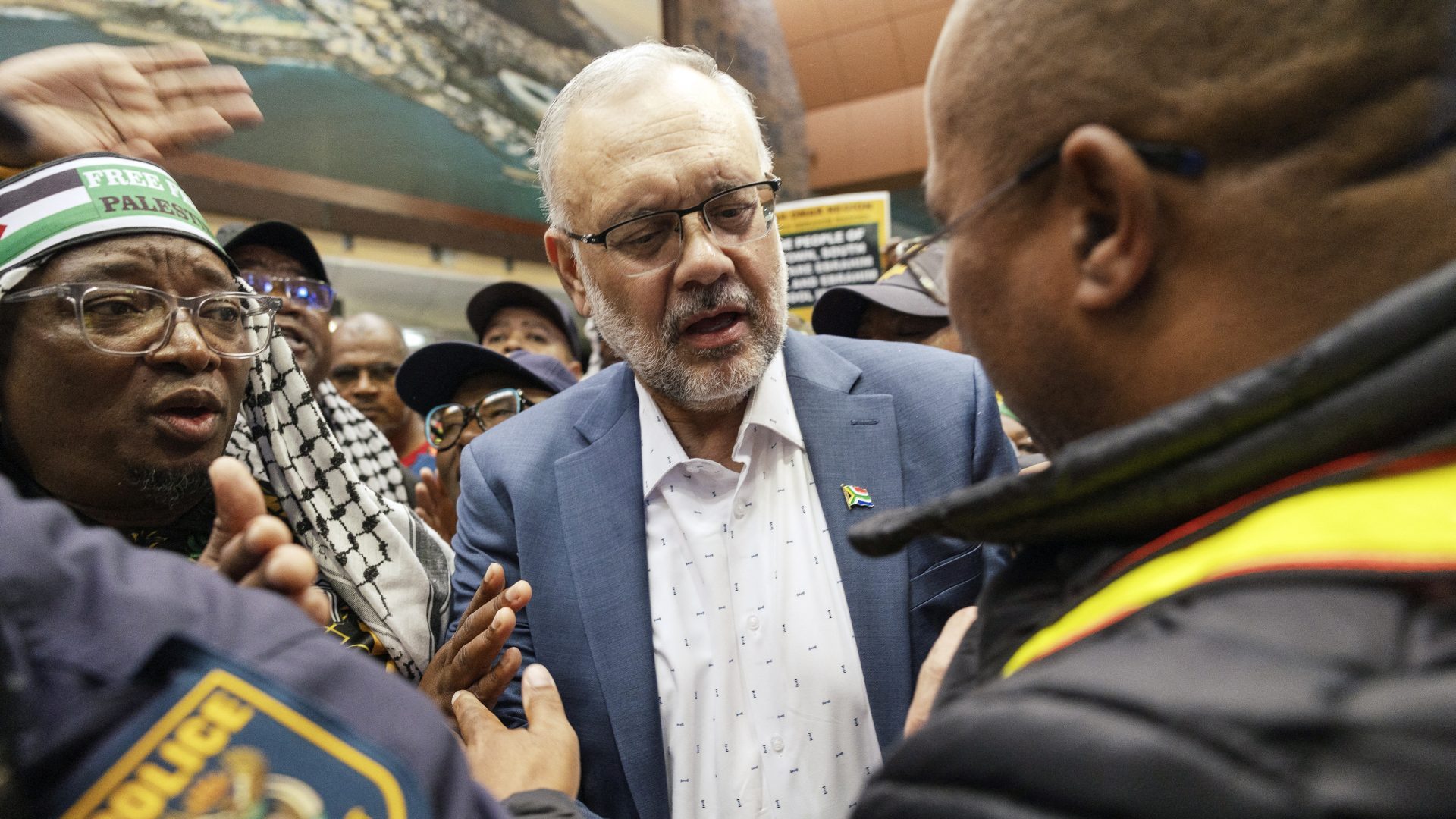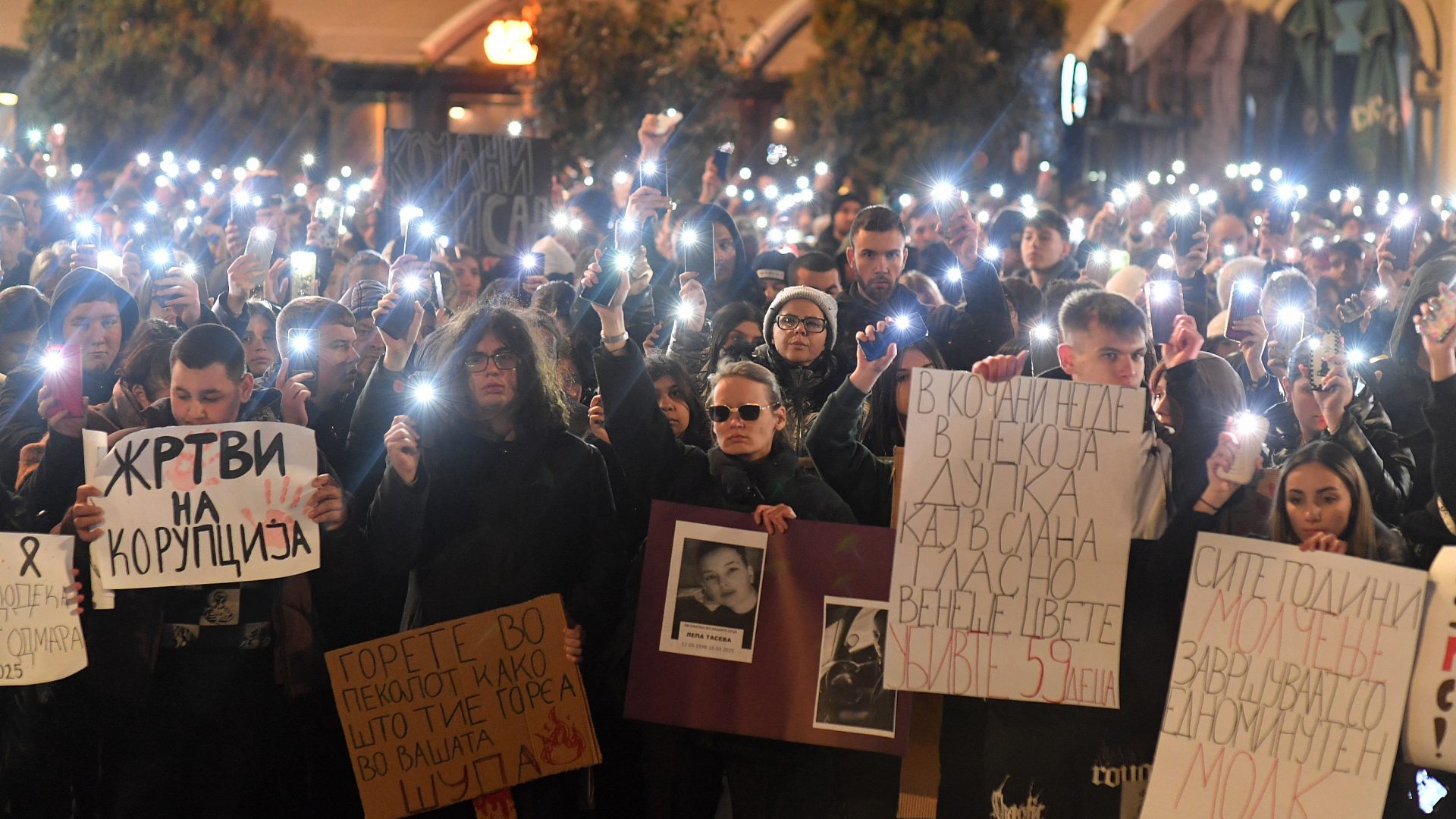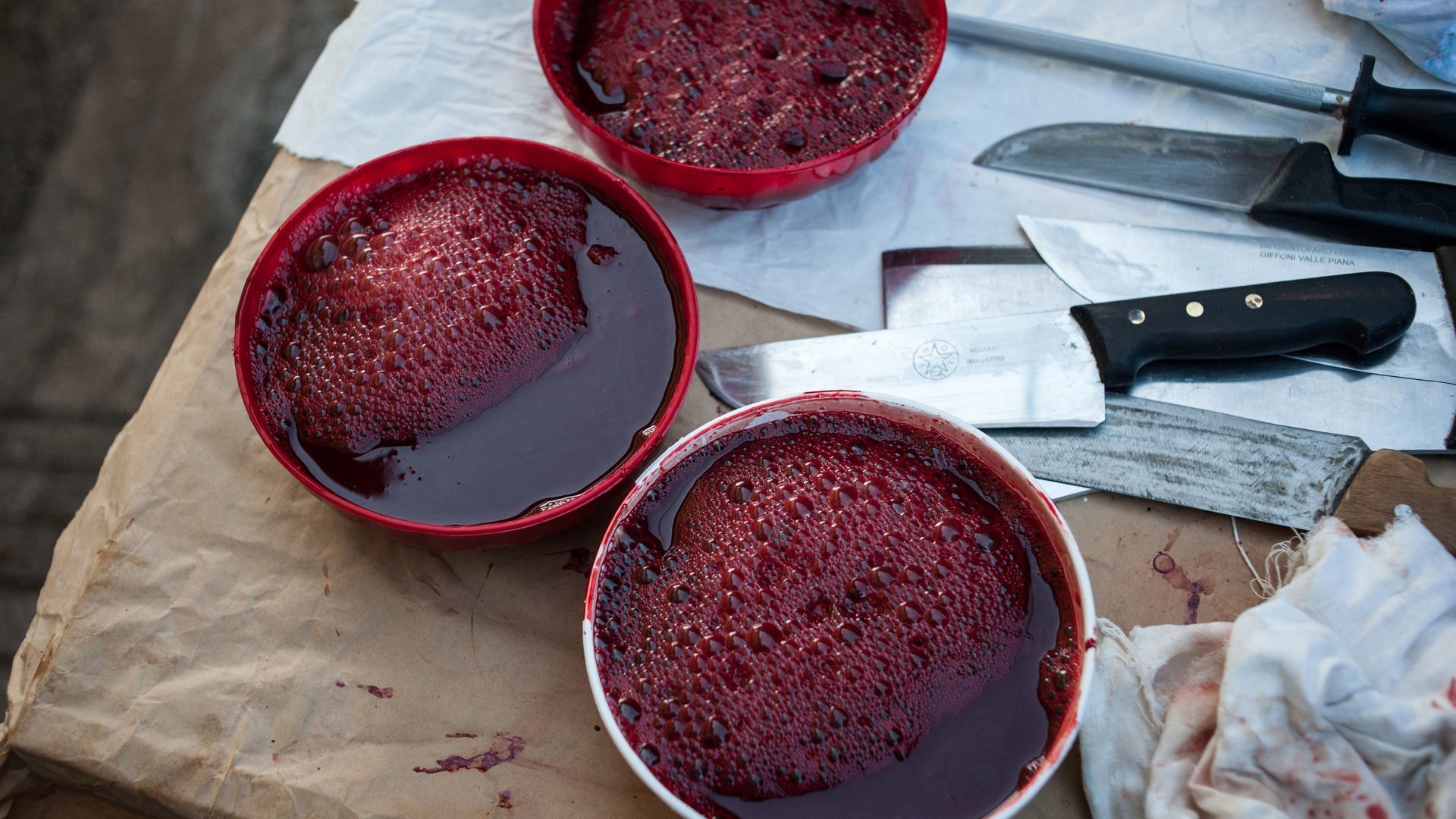Looking back at what Donald Trump has done and said over the past few months, it’s hard not to feel targeted. Some countries have felt tariffs and border pressure, and the Atlantic scandal showed what the administration thinks of Europe.
Lately, it has seemed like Trump has his sights set on my country, South Africa. First, there were the comments about the “tremendously bad things” happening in reference to a recent land policy. Then, all our financial aid – including life-saving medical support – got cut. Now, to cap it all off, our ambassador has been kicked out of America.
The reason? On March 14, our ambassador to the US, Ebrahim Rasool, took part in a webinar by a lesser-known Johannesburg-based thinktank. I doubt his speech would have ever been noticed had he not decided to make comments about the American president. Trump, he said, is launching a “supremacist assault” in both the US and South Africa.
Within a day, the secretary of state, Marco Rubio, called Rasool a “race-baiting politician who hates America”, declared him persona non grata, and gave him three days to leave.
His dismissal and departure from the US were shameful. But when the former anti-Apartheid activist arrived back home, he received a proud South African welcome, with singing, dancing, and selfies with jubilant supporters. One supporter held a sign saying “thank you for not being a puppet”.
Rasool spoke animatedly to the crowds about his lack of regret, and that he had tried many a diplomatic strategy before speaking out.
The comment sections on these media reports are interestingly diverse. Some locals celebrate the fact that Rasool stood up to the US, and echo his supporters in thanking him.
But others were more critical, saying he’d been arrogant and should have been more careful. Several went as far as saying he has failed at his job – wasn’t a diplomat meant to be diplomatic? Cyril Ramaphosa, the president of South Africa, urged politicians to be restrained in welcoming his return.
Behind these comments there is a sense that the ambassador has only added to South Africa’s mounting list of problems, and damaged relations with the US. This may be true in that he was unceremoniously shown the door. But then again, he is not the cause of the tensions between Pretoria and Washington. They pre-date him.
What is important is what happens next, particularly the question of who might replace Rasool. Possible candidates include Tony Leon, former leader of the country’s opposition party and a previous ambassador to Argentina. One highly significant and sensitive question is whether the government will choose a white ambassador.
The other question is whether our next ambassador to Washington will be a long-time ANC stalwart, like Rasool. The partner parties in South Africa’s Government of National Unity have pushed to have a say, while the president has made it clear that he is taking his time with the decision.
In the midst of the speculation – including how much of an effect all this will have on South Africa – one comment sticks out. Rasool has described his controversial remarks as an appeal to South African intellectuals “to alert them to a changed tradition in the United States that the old way of doing business with the US was not going to work.”
His comment resonated especially when the US announced its own choice of ambassador to South Africa. L Brent Bozell III, a conservative media commentator, will be coming over to fill the post which has been vacant since January.
Bozell heads an organisation that campaigns against left wing media bias. Back in the 1980s, he opposed US contact with the ANC, and said he was “proud to become a member of the Coalition Against ANC Terrorism”. We shall follow his progress with interest.
Elna Schütz is a Johannesburg-based freelance journalist



